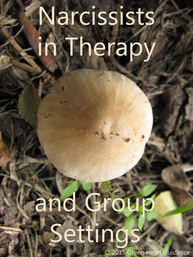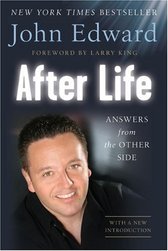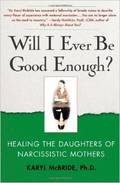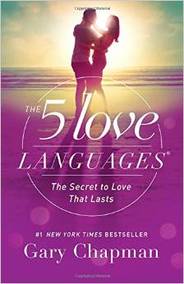The night of the election in November 2016, my 16 year old daughter came downstairs to the family room at about 10 pm from doing homework. Her twin and I were watching the returns come in with dismay. She had just received a text from her boyfriend about the ominous news. Her only words were, “Tell me it’s not true.” I had to tell her it was. She then asked, “Can we move to Canada?” Given that we have family there, it’s not too outrageous of a request.
My daughter’s reaction left me thinking. Her boyfriend is a darker skinned racial minority whose parents were immigrants to the US. Her best friend is transgender. Her mother is disabled. She is almost a woman. Her world is going to be drastically impacted by the changes that result from the election.
My life is also going to be impacted as well; the obvious is that I am a woman and I am disabled. Both of those groups have been declared targets of hatred in the new era, and I personally have already experienced it. I fully expect large parts of the Americans with Disabilities Act to be repealed because the ADA costs money to businesses in order to make them fully accessible, and in the new order, corporate money is far more important than those with disabilities.
There are other places where the new dawn is going to impact me. Without the Affordable Care Act, I am no longer insurable due to the past 14 years of health issues. I face insurance companies refusing to cover my medical bills because of my pre-existing conditions. Healthcare is going to be the most obvious place where I will feel the change.
Other places are less obvious at first glance, but they are real threats. I have never had an abortion in this life, and I hope I never have to. However, Roe v. Wade has ensured that abortion has always been an option in my lifetime. Now I am at a point in my life where I would have to terminate any pregnancy I might unintentionally conceive because of health issues, yet I expect Roe v. Wade to either be eliminated or heavily restricted in the coming year. If that is the case, I will have to limit my sexual partners to men who have had vasectomies or are otherwise sterile. I’m a little more than angry about (primarily older white men) deciding whom I can have sex with.
There are bigger fears, too. I spent the first part of my life living with a narcissist, and having a narcissistic man who uses gaslighting as one of his primary methods of communication in national power is triggering for me and for many others. Watching someone so ill-qualified and so mentally ill about to assume command of so many life-or-death decisions is truly terrifying, especially if one knows how fickle and dangerous narcissists can be.
I’ve spoken with my spirit guides, and they have assured me that the new Narcissist in Chief will not be pushing the big red button. However, they have also affirmed my fears that we are facing an ugly uphill battle in the near future. As a friend of mine phrased it, we are facing at a decision where we as a nation have to decide if we will be governed by fear or governed by love. As things stand now, we are heading toward being a nation governed by fear.
I choose not to live my life in that way, though. For me, the first question to any decision is always “What is the healthy decision?” That question is always accompanied by other similar supporting questions: “What will bring the most love into my life and the world?” “What will bring the most compassion to me, to others, and to humanity?” “What is the right thing to do even if it is the hardest?” I will continue to strive to hold those values dear even when the world around me is leaning in the opposite direction.
So for me, January 20th, 2017 is a day of mourning. I’m dressing in black, the traditional color of mourning in our culture. I’m letting myself grieve as hard as I need to, but I also am holding my heart in a place of love rather than a place of fear. While I can’t change the national or the global situation, I can keep working to enact change around me, helping those who aren’t accepted by others. I can keep working to get compassion enacted in our society on personal and legal levels.
The final words from “Memories” from the musical Cats have been echoing my head all day, prompting me to write this post. We are facing the new day, the new dawn, but we must hold tight to the memories that bring us hope and love.
Daylight
I must wait for the sunrise
I must think of a new life
And I mustn't give in
When the dawn comes
Tonight will be a memory, too
And a new day will begin
©2017 Elizabeth Galen, Ph.D., Green Heart Guidance, LLC














 RSS Feed
RSS Feed